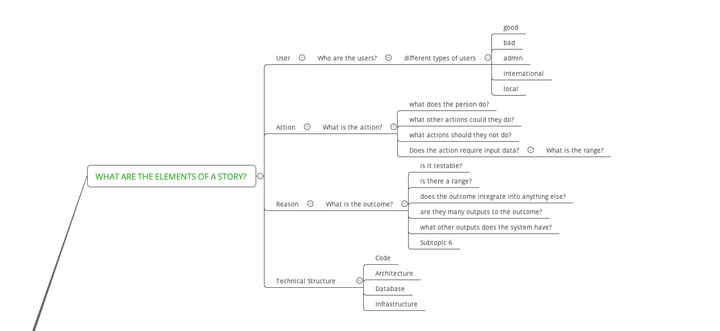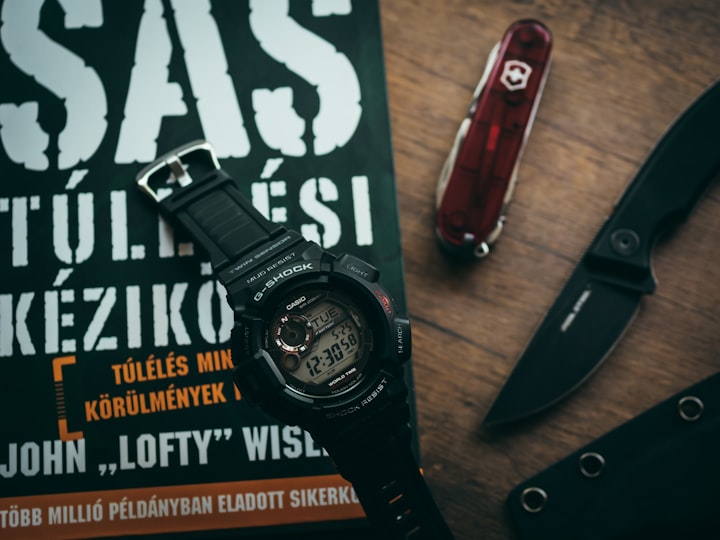The engineer's curse

Its a rare luxury this week as I have the house to my own. Perhaps those of you with partners and or younger kids will identify with this sentiment! Suddenly life seems to be easy and manageable. I don’t feel responsible for looking after other people and their problems. The challenge to manage a house, be a mother and partner, run a business, organise a conference and oh yeah, do some testing is a lot easier when its only yourself to look after!
When I took PSL last year, one of the ‘skills’ I realised I had was running around making sure everyone on the team was being heard and was ok. Another word for this is meddler. How, I thought could the team function without me, unless I was there to keep it together?
I guess after reading the first paragraph again work isn’t the only place I fall into meddling.
In a moment of retrospection, I feel my desire and ability to solve problems is sometimes more of a curse than an asset. Perhaps in my drive to solve problems, I forget something crucial. That is, often it’s not about solving a problems its about having the conversation.
Earlier this year, Michael Bolton introduced me to Marshall McLuhan and his concept that “the message is the medium”. Is it possible then, that solving a problem is not as important as the process used to solve the problem? Or in other words, the conversation you have to solve a problem, is more important than the resolution of the problem you are having?
A while back I read David Bohm’s book “On Dialogue”. In it, he encourages groups in dialogue to take the focus off decision making and instead put the emphasis on the process of communication.He encourages participants in the dialogue process to suspend judgement and be open to what emerges from dialogue. In this way a group can develop deeper meaning. For example, instead of trying to create a common terminology, common terminology becomes created.
He also talks about the challenge in problem solving. Mostly, what we call ‘problems’ are in reality paradoxes and inherently its impossible to solve such ‘problems’. Bohm believed that the dialogue process(I haven’t tried it) is a way of acknowledging and respecting differences allowing new ideas to emerge.
We all have a basic need(well I like to think we do!) to connect and understand each other. To be *human* if you will. It's this human need, at a tacit level that perhaps defines who we are, more than any high level problem solving skill dictated by our frontal lobes. As an engineer, I’m taught communication is essential to solve a problem. As a human, I’ve learned that it's about taking the time to include people in your day, to actively listen regardless of the outcome.
Just a thought.



Comments ()